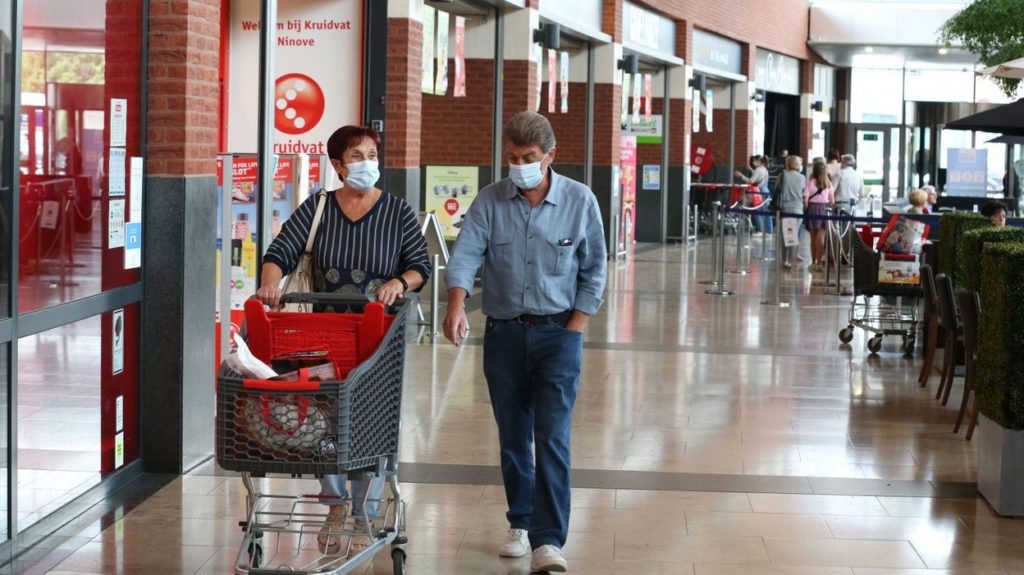The coronavirus pandemic didn’t cause a jump in prices last year, even with the lockdowns and disruptions to industries that followed, according to the 2020 annual report on pricing from FPS Economy.
In fact, prices for many things - energy products in particular - fell last year.
“The health crisis, in combination with other factors, has had more downward effects on the prices received by primary producers, such as those for pork and potatoes, or milk and eggs,” said FPS Economy.
Inflation was 0.4% for the year, compared to 1.2% in 2019.
“While the impact of the health crisis and the confinements can be observed for a few highly visible products, such as peeled shrimps or some vegetables in the spring, the developments observed are due to other cyclical factors,” explains FPS Economy.
Related News
- Price of petrol rises above €1.5 per litre from Saturday
- Belgian face mask prices fluctuate by over €1, study finds
Consumer food prices, however, did rise by about 2.6% last year, compared to 1.3% in 2019 - a rate higher than the four-year average of 2.1%.
The largest price increase was for unprocessed food (mainly fruit and meat), while the increase was slower for processed food.
The product group that contributed most to inflation was meat, mainly pork and sausages, which showed the highest annual increase. This was followed by the fruit group, where prices rose as a result of poor harvests in the 2019-2020 season.
The sharp fall in the overall rate of inflation is mainly explained by the decrease in prices for energy products, which fell by 11% on average and largely offset the rise in food products.
Those energy products were mainly liquid fuels and gas, plus fuels and electricity to a lesser extent, and their price fall is attributed to the coronavirus pandemic.
While inflation fell in other EU countries as well, Belgium again had lower inflation rates than its neighbours.
Helen Lyons
The Brussels Times

